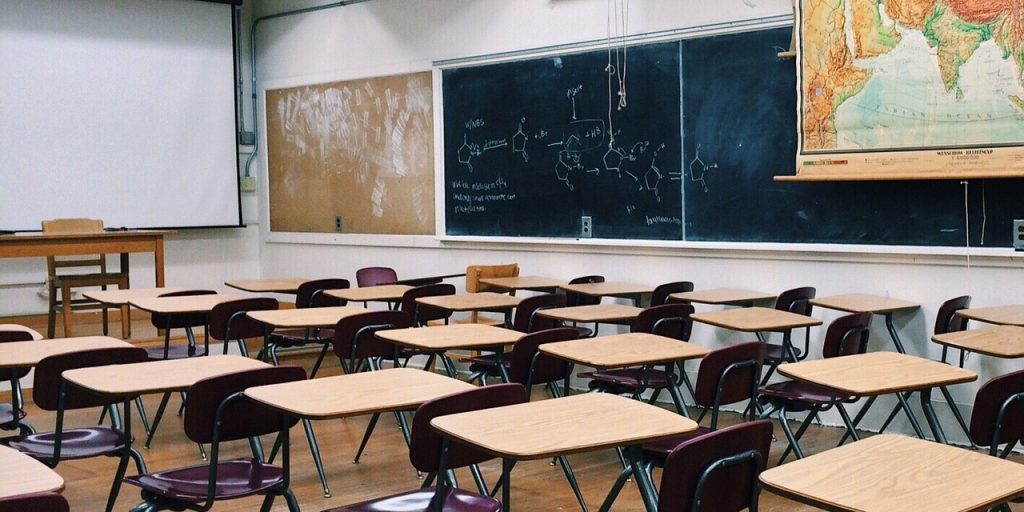Recycling is a sequence of systematic actions that convert waste materials into reusable products, lowering the need for new raw resources and limiting environmental impacts. Collecting recyclable materials, which can be done through curbside programs or drop-off locations, is the first step in the process.
After being gathered, the materials are separated into several categories, such as paper, plastic, glass, and metal. Following sorting, the materials are cleaned to remove impurities. They are then processed as raw materials or feedstock to manufacture new products.
The recycled materials are transferred to manufacturers, who use them to make various products. Recycling is crucial to sustainable waste management because it promotes resource conservation, reduces energy consumption, and relieves pressure on landfills and incinerators.
Why Should Plastic Be Recycled?
Because of plastic’s multiple environmental and societal benefits, it should be recycled. To begin with, recycling plastic helps save precious natural resources such as petroleum, which is a fundamental component in the creation of plastic.
Recycling plastic is critical in waste management. If not recycled, plastic waste frequently finds itself in landfills or, worse, in the oceans, posing a serious threat to animals and marine ecosystems. Recycling plastic also contributes to lower greenhouse gas emissions. Significant volumes of carbon dioxide are produced during the manufacture of new plastic from essential ingredients.
Plastic recycling is a responsible and necessary practice for combating plastic pollution, preserving natural resources, mitigating climate change, and creating a cleaner and healthier world for future generations. To have a tangible impact on the well-being of our planet, we need the active participation of individuals, corporations, and governments.
How Can We Recycle Plastic More Sustainably?

Recycling plastic sustainably entails establishing measures that enhance recycling efficiency and efficacy while minimizing environmental impact. Here are some primary steps for increasing the sustainability of plastic recycling:
1. Support recycling infrastructure
Governments and corporations should invest in and encourage the development of recycling infrastructure, such as recycling centers and facilities equipped with advanced sorting and processing technologies. This will aid in the handling of larger volumes of plastic waste and boost recycling rates.
2. Reduce the production and consumption of single-use plastics
Reducing the production and consumption of single-use plastics can significantly reduce the amount of plastic trash generated. Encourage the usage of reusable alternatives and foster a sustainable culture.
3. Invest in research and innovation
Support research and development of new recycling technologies, such as chemical recycling and advanced recycling processes, that can handle more types of plastics and improve the overall recycling rates.
4. Design for recyclability
Plastic items should be designed with recycling in mind. Recycling is more efficient by using easily recyclable plastics and avoiding complex, multilayered materials. Labels with clear recycling instructions can also assist consumers in sorting their plastic garbage properly.
5. Improve collection and sorting
Invest in better waste collection and sorting systems to correctly separate plastic waste at the source. Implement curbside recycling programs and provide convenient recycling bins in public areas to encourage people to recycle.
6. Address microplastics
Create methods to address the issue of microplastics, which are microscopic plastic particles that can enter the environment and food chain. This could include improved wastewater treatment and the development of environmentally acceptable alternatives to plastic products.
7. Education and awareness
It is critical to raise knowledge about the necessity of recycling and the proper techniques to recycle plastic. People can learn about the benefits of recycling and the harmful effects of plastic pollution through public education programs.
8. Encourage the use of recycled plastic
Provide financial assistance to firms and industries who employ recycled plastic in their products. This establishes a market for recycled materials and increases demand for recycled content.
Combining these approaches can make plastic recycling more sustainable while contributing to a cleaner environment and a more circular economy.
Sampoerna Academy
Sampoerna Academy is not just a school; it is an academic institution shaping the education future in Indonesia. With its innovative approach to teaching and learning, Sampoerna Academy is empowering the next generation of leaders and thinkers to take on the challenges of the future with confidence and creativity. By joining Sampoerna Academy, you invest in your child’s future and contribute to developing a brighter and more prosperous Indonesia.
Sampoerna Academy is at the forefront of shaping the future of education. With its innovative and holistic approach to learning, it is not only preparing students for academic success but also for their future careers. By joining Sampoerna Academy, you will be a part of a community committed to creating a brighter future for the next generation. Take advantage of this opportunity to be a part of something genuinely impactful and influential.
Joining Sampoerna Academy is the perfect choice for your child, with an education that will prepare them for the future. With its innovative curriculum, experienced teachers, and commitment to excellence, Sampoerna Academy offers a unique learning experience that will equip your child with the skills and knowledge they need to succeed in the 21st century.
Take advantage of this opportunity to give your child the best possible start in life. Immediately register to take part in admitting new students for the 2023-2024 academic year here. Our Recruitment Team will contact you soon to provide more detailed information.
Download Sampoerna Academy Booklet for Free!





